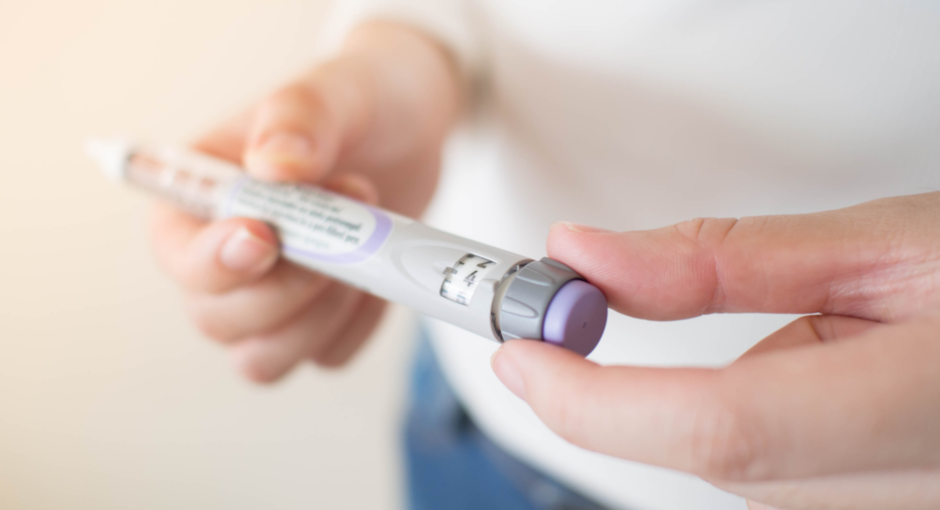The U.S. Health Resources and Services Administration (HRSA) yesterday asked the White House for permission to rescind the Trump administration’s final rule to require health centers to provide insulin and injectable epinephrine to low-income patients at the price the centers pay for those drugs under the 340B program.
HRSA sent its proposal to rescind the 340B health center insulin pricing rule to the Office of Management and Budget for review and approval yesterday.
HRSA published the rule on Dec. 22. Its effective date was Jan. 22—two days after the presidential transition. In one of its first acts, the new Biden administration on Jan. 21 pushed the effective date back to March 22. On March 19, it delayed the effective date again, to July 20, to consider “whether revision or withdrawal of the rule may be warranted.”
Health centers argued that the rule ignores that they already make insulin and EpiPens free or affordable to low-income patients. They said it would dramatically reduce their 340B savings, impose enormous administrative burdens on them, and likely raise the cost of insulin and epinephrine pens.
The rule had few advocates outside of the Trump administration, conservative news sites, and some Trump supporters on social media.
“We are deeply grateful the Biden administration has taken a thoughtful approach to this misguided rule and hope it will be rescinded soon given the adverse impact it would have on health centers and patients,” a National Association of Community Health Centers (NACHC) spokesperson said. “We have argued all along, as have bipartisan Members of Congress, that the rule will do more harm than good at a time when too many people are suffering. Certainly, the high cost of prescriptions is national crisis—but the EpiPen rule would have done nothing to lower how much drug companies charge for drugs.”
“Community health centers will be relieved to see this misguided and harmful regulation rescinded,” said Colleen Meiman, national policy adviser to state and regional health center associations. “It resulted from an executive order that reflected a fundamental misunderstanding of how CHCs and 340B work.”
“CHCs do not need a regulation to force them to provide low-cost drugs to their patients,” Meiman said. “Ensuring that low-income patients can afford their prescribed medications—as well as medical, dental, and behavioral health services—is the reason that CHCs exist.”


